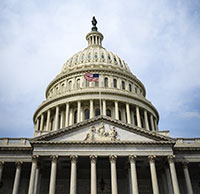
The compromise legislation extends the moratorium until the end of the year. It now moves to the House for passage and then President Biden's office to be signed into law.
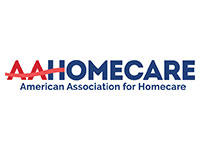
Besides adding $650 million in reimbursements for oxygen suppliers over the next 10 years, the recent win should pay other dividends industry advocates say.
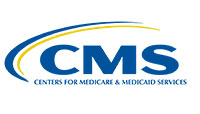
Starting April 1, the new rates don’t apply budget neutrality, resulting in an increase in reimbursement for oxygen products nationwide.

Billing
Why outsourcing your HME prior authorization service is important in 2021?
- By Ronnie Hastings
- Mar 15, 2021

Legal Analysis
In transitioning from fee-for-service payment to value-based care, the new model has run up against the federal physician self-referral law and the federal anti-kickback statute, which have both seen modifications as a result. There is a lot that providers need to understand, so here's a deep dive into the topic.
- By Jeffrey S. Baird
- Mar 11, 2021

With Medicare’s moratorium set to expire soon, AAHomecare and other advocates are reaching out to lawmakers to extend the suspension of the cuts until the end of 2021.

Citing errors in the December 2020 schedule, this new release includes adjustments to more than 900 HCPCS codes.
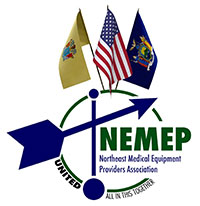
March 23-25 event for N.Y. and N.J. providers offers a variety of conference sessions across multiple tracks and includes CEU opportunities as well.

COVID-19 has strained America’s oxygen infrastructure like nothing before. What factors are impacting supply and demand, and how are stakeholders responding? What other factors are impacting the oxygen market at the same time?
- By David Kopf
- Feb 12, 2021
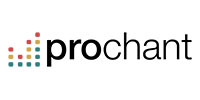
Company that offers reimbursement, financial and revenue cycle management solutions for HME providers and pharmacies rolls out a new site designed to help them find solutions faster.

After CMS recently approved block grants for Medicaid, the Biden administration made announcements that could jeopardize the waivers. Measure introduced by Sen. Blackburn would protect TennCare's recently acquired block grant waiver.

As Congress negotiates COVID-19 relief, AAHomecare backs push urging Congressional leaders to include H.R. 315 in their legislation, which would extend the Medicare sequester moratorium through the PHE.

The latest HRSA guidance marks the fourth revision to lost revenue calculations for PRF reporting. How has it evolved and what do providers need to know?
- By Andrea Stark
- Feb 03, 2021
Editor's Note
HME providers have demonstrated their crucial role in American healthcare during COVID-19.
- By David Kopf
- Feb 01, 2021

Procedure is aimed at ensuring DMEPOS supplier locations are open and available for in-person inspections during COVID-19 Public Health Emergency.

While providers can register on the PRF portal, reporting requirements remain unavailable. Also providers should have key information on-hand, otherwise the registration process could time out on them.
- By Andrea Stark
- Jan 21, 2021
The Round 2021 bids show increases for lead items in most areas compared to the 2020 fee schedule, while bids for non-lead items show mixed results. CMS opted not to award contracts for 13 categories in late October.
Effort aims to track how suppliers’ costs have changed during events such as COVID-19, which is important given that DMEPOS rates are essentially frozen at 2016 levels. Deadline is Feb. 5.
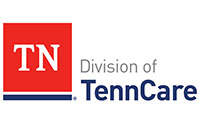
Under the new “block grant” waiver, the Tennessee Medicaid program will be able to service patients with less federal oversight. CMS approved the waiver for 10 years.

A follow-up to its 2018 effort, the survey helps tabulate the cost of provisioning HME products and services. This new effort aims at understanding how COVID-19 has changed that cost structure.